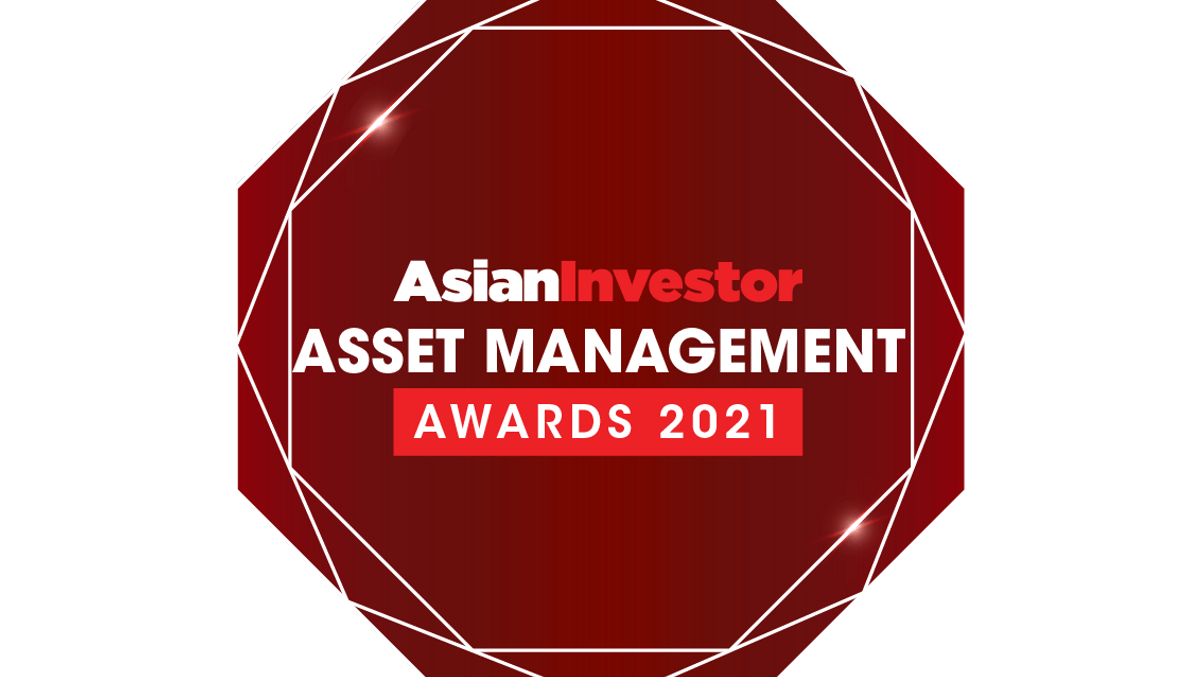award
The top Asian local fund houses in 2021, explained (part 1)
AsianInvestor reveals the reasons why we picked the first half of this year's most impressive local fund managers, across the region's leading investment markets.

Every year, AsianInvestor's editorial team conduct an intensive analysis of the region's leading asset management service providers, fund products and asset managers, to ascertain the top organisation of each category over the previous year.
Sign in to read on!
Registered users get 2 free articles in 30 days.
Subscribers have full unlimited access to AsianInvestor
Not signed up? New users get 2 free articles per month, plus a 7-day unlimited free trial.
¬ Haymarket Media Limited. All rights reserved.


